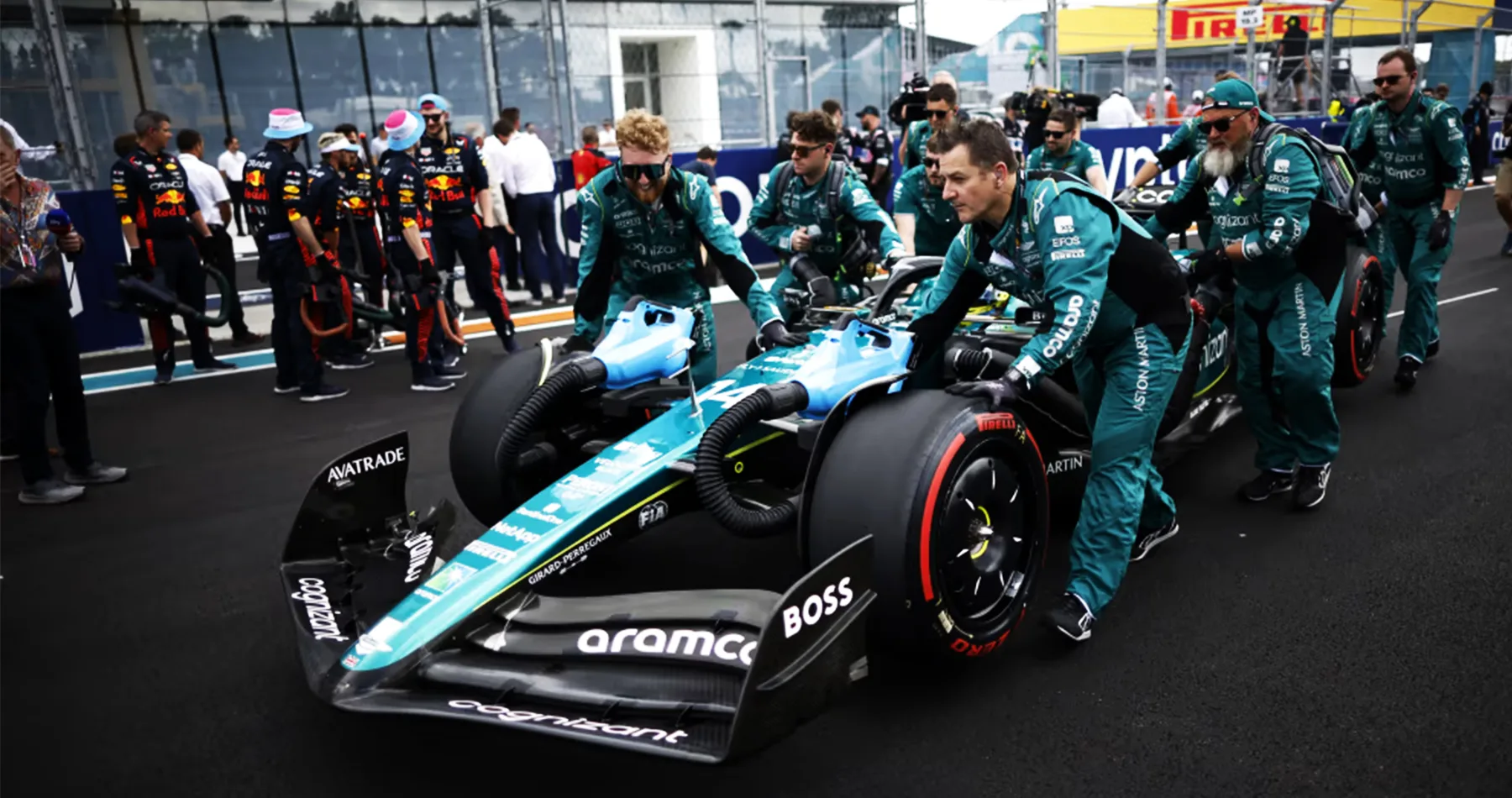Honda’s departure from Formula 1, announced in 2020, marked the end of a chapter in their storied history in the pinnacle of motorsport. The decision to exit the sport was influenced by a convergence of factors, blending economic considerations, technological challenges, and strategic realignments with Honda’s corporate goals.
Why Honda left f1? Surprising Reasons
Financial Considerations:
Formula 1 participation entails substantial costs. Like other automakers, Honda was subject to financial strains exacerbated by the world economic crisis. The sport demands significant investment in research, development, and operational expenses, making it financially taxing.
Shift Towards Environmental Initiatives:
Honda, known for its commitment to innovation, environmental sustainability, and fuel-efficient technologies, began reorienting its focus. The automotive landscape was evolving, with an increasing emphasis on electric and hydrogen-powered vehicles. Honda aimed to redirect resources toward developing cleaner and more sustainable mobility solutions, aligning with global trends towards eco-friendly alternatives.
Technical Challenges:
Formula 1 is an intensely competitive environment where success hinges on technological prowess. Honda faced difficulties in achieving parity with power unit performance and reliability. The intricacies of hybrid power units, a fundamental aspect of Formula 1’s current engine regulations, presented formidable technical challenges.
Risk Assessment and Return on Investment:
Honda underwent a thorough evaluation of the return on investment (ROI) in Formula 1. Although they made significant performance gains during their time there, they became introspective due to the unpredictability of the sport and the amount of money needed to maintain names. The company sought endeavors with more assured and sustainable returns on investment.
COVID-19 Pandemic Impact:
The COVID-19 pandemic inflicted severe economic uncertainties worldwide. Industries faced disruptions, prompting companies to reevaluate their strategies. The pandemic’s economic fallout compelled Honda, like many other corporations, to reassess expenditures and concentrate on core areas essential for long-term growth.
Previous Experiences:
Honda’s history in Formula 1 included both periods of success and challenges. They previously participated in the sport as a works team, achieving substantial victories in the past. However, intermittent successes amidst periods of struggle might have influenced the decision to reassess their commitment to Formula 1.
Regulatory Uncertainties:
Formula 1, as a sport, is subject to evolving regulations. A manufacturer’s strategic goals can be impacted by changes in laws, particularly when it comes to cost control methods and power unit design. Uncertainties regarding future regulations might have factored into Honda’s decision-making process.
Impact and Legacy:
Honda’s departure marked a loss for Formula 1, eliminating a competitive team and engine supplier. Their presence has contributed to the competitive landscape, adding depth to the field and fostering technological innovation.
Despite their exit, Honda left behind a legacy of technological advancements. Their dedication to hybrid power units and relentless pursuit of performance improvements contributed significantly to the evolution of Formula 1’s power unit technology.
Honda’s departure was a strategic move aimed at aligning resources with long-term corporate objectives. The decision reflected their commitment to sustainable mobility solutions, technological innovation, and fiscal prudence in an evolving automotive landscape.
Conclusion:
Realistic economic considerations, tactical realignments, and technological difficulties all played a role in Honda’s decision to exit Formula 1. It represented a shift in priorities towards sustainable mobility solutions while navigating the complex landscape of motorsport’s financial and technical demands.
